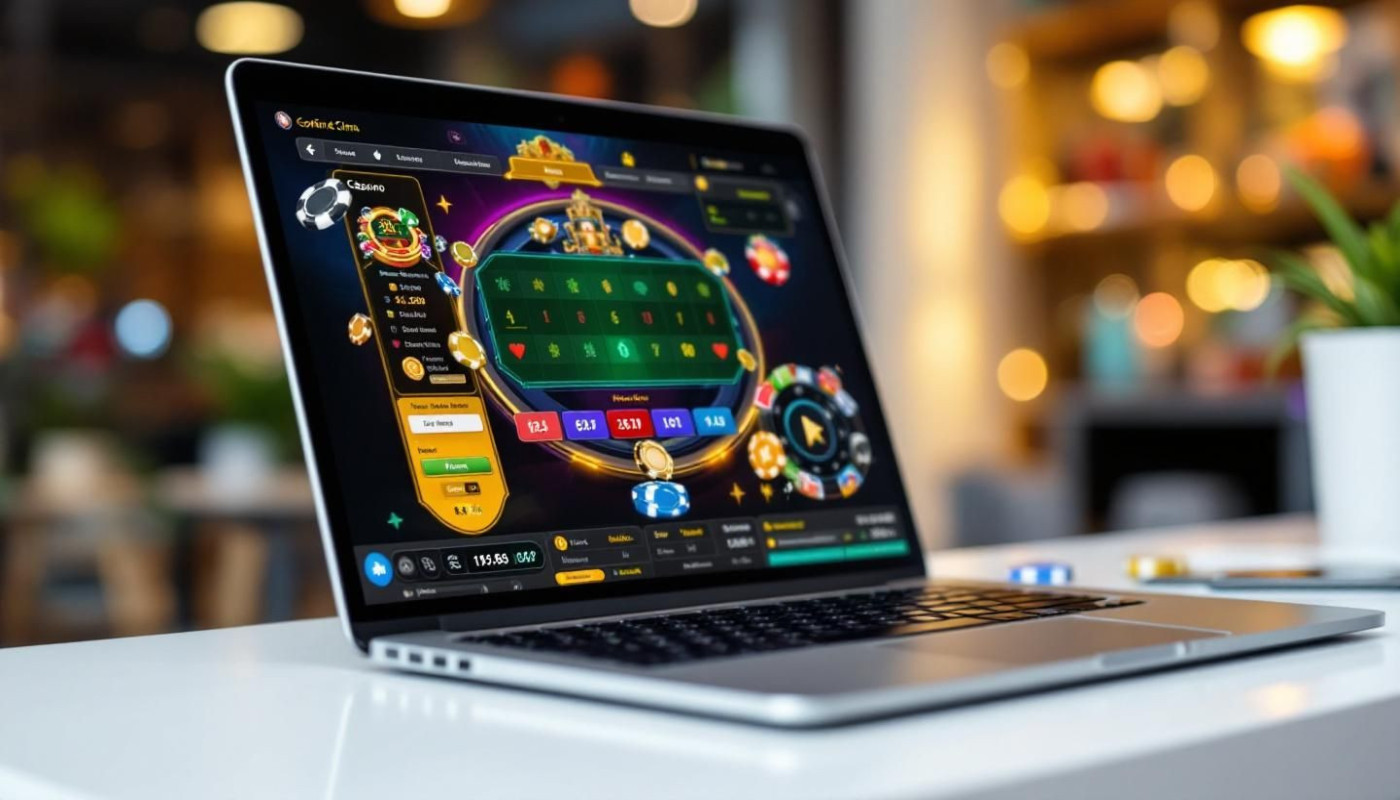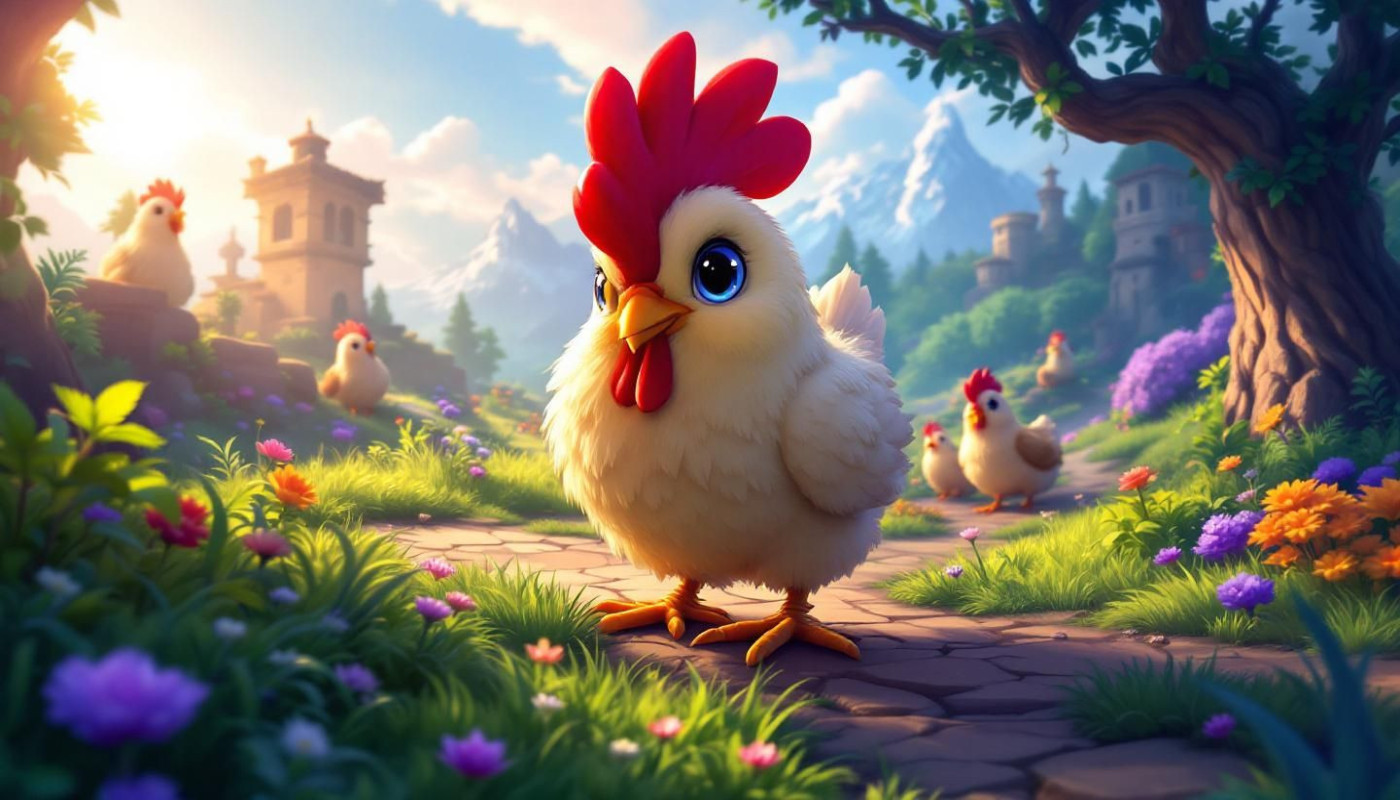Table of contents
Step into the world of chance, where the spin of a wheel can decide fortunes and fates with equal indifference. Roulette, a game synonymous with the opulence of casinos and the thrill of gambling, has a history as rich and varied as the array of numbers on its wheel. This game of chance has captivated the hearts and minds of people around the globe, evolving through the centuries into the modern pastime many know and love today. But how did this iconic game come to be? What twists and turns has it taken through the annals of history to arrive at its current form? This exploration will take you on a journey through time, uncovering the origins, adaptations, and innovations that have shaped roulette. A tapestry of cultures, mathematics, and sheer luck intertwines to tell the story of a game that continues to enchant. Prepare to delve into the intriguing history of roulette, and perhaps, by understanding its past, you might glimpse the allure that keeps players returning to the table. Be ready to discover how roulette became the quintessential casino experience, and why its legacy endures to this day.
The Origins of Roulette
The tapestry of roulette history is woven with numerous legends and anecdotes that trace the genesis of this captivating game. The etymology of the word 'roulette' stems from the French term meaning 'little wheel', which aptly describes the central element of the game. Its advent within European gambling parlors is often shrouded in mystery, yet the prevailing narrative highlights the game origins during the 18th century. Intriguingly, the earliest known version of roulette is intertwined with the endeavors of the mathematician Blaise Pascal, whose ambition to craft a perpetual motion machine inadvertently laid the groundwork for what would become a quintessential casino game. This serendipitous connection between Pascal's scientific pursuit and the realm of gaming underscores the unpredictability of invention and cultural evolution.
Evolution of the Game
From an anthropological standpoint, the game of roulette provides a fascinating lens through which to observe the transformation of human leisure activities. Tracing its origins to 18th-century France, roulette has undergone considerable metamorphosis, evolving from a primitive form into the sophisticated pastime known across the globe today. As the game spread from its birthplace, distinctive game variations emerged in different countries, each adapting the original to suit local preferences. The quintessential roulette wheel design experienced notable modifications, most prominently in the introduction of a double zero (00) in the American version, which diverged from the single-zero structure favored in European roulette. This alteration not only imbued the American game with a higher house edge but also contributed to the cultural and stylistic distinction between the two variants. Moreover, the assortment of betting options available to players expanded, offering an array of choices from simple red or black selections to complex and specialized wagers. These adaptations reflect the broader narrative of how games evolve in response to cultural, economic, and social factors, underscoring the rich tapestry of human engagement with leisure and risk.
The House Edge and Mathematical Influence
The concept of the 'house edge' is a fundamental principle that governs the mechanics of roulette, shaping the game odds significantly. This term refers to the built-in advantage that the casino, or house, possesses over the players. In roulette, this edge is represented by the zero slots on the wheel—single zero for European roulette and both a single and double zero for American roulette—which alter the true odds of the game. When a player bets on red or black, even or odd, or high or low, the presence of these zero slots reduces the likelihood of winning below the payout ratio, assuring a profit margin for the casino over time.
Mathematical influence permeates the very fabric of roulette, with probability theory playing a pivotal role. Probability, expressed as a technical term, is the measure of the likelihood that a certain event will occur. In roulette, each spin is a unique event with fixed probabilities, but the aggregate outcome over numerous spins adheres to predictable statistical patterns. Gamblers and mathematicians have delved into these patterns, analyzing the game to discern and potentially leverage its systems. Betting systems arise from this study, with strategies like the Martingale or the Fibonacci sequence claiming to optimize the player's chances. Yet, due to the house edge, no system can consistently overcome the mathematical disadvantage inherent in the game. Thus, while these betting systems are based on sound mathematical premises, they cannot guarantee success due to the random nature of the game and the casino's enduring edge.
Understanding roulette from a mathematician's perspective involves acknowledging the delicate interplay between chance and strategy. Although probability can inform players about the long-term expectations of different bets, it cannot predict individual outcomes, which remain random. The house edge ensures that the game of roulette is a casino favorite, while probability theory continues to challenge enthusiasts who are captivated by the elegance of its mathematical underpinnings and the allure of its uncertainty.
Roulette's Migration to America
The diaspora of roulette from its European origins to the shores of the New World marks a significant chapter in the annals of gambling. As the game made its transatlantic journey, it underwent a transformation that reflected the bold and enterprising spirit of American culture. The most noticeable adjustment was the introduction of the double zero, a feature that distinctly differentiated American roulette from its European counterpart. This additional pocket increased the house edge and altered the game dynamics, offering a new level of excitement for players and greater revenue potential for casino operators. The American gambling scene eagerly embraced roulette, with its quick pace and simple rules resonating well with the risk-taking mentality that was prevalent during the period of westward expansion. Indeed, the modified version of the game became a staple in saloons and the nascent casinos of the burgeoning United States, contributing to the mosaic of gaming entertainment.
Roulette in Modern Times
The wheel of fortune spins ever onward, and nowhere is this adage more apt than in the context of roulette's steadfast position within modern gambling culture. The game's allure persists, as evidenced by its widespread depiction across various forms of media. Films and literature frequently romanticize the roulette wheel, embedding it as a symbol of chance and fortune in public consciousness. As physical casinos continue to offer the mesmerizing spin of the roulette wheel, online casinos have amplified roulette popularity, allowing the game to reach an unprecedented global audience.
These digital establishments have been instrumental in introducing roulette to demographics traditionally untouched by the glitz and charm of physical gambling venues. Gaming innovations have also played a vital role in this expansion. With just a few clicks, anyone with internet access can now experience the thrill of betting on red or black, odd or even, high or low. Digitalization has not only broadened access but also enriched the gaming experience with diverse roulette variations, live dealer options, and interactive gaming platforms.
From the vantage point of a modern sociologist, these developments signal a significant shift in the gambling landscape. The digitalization of roulette and other casino games suggests a future where accessibility and convenience are paramount. As technology continues to evolve, the potential for immersive and augmented reality versions of roulette could further revolutionize the player experience. The implications of these advancements are multifaceted, touching upon issues of regulation, gambling behavior, and the social impact of increased accessibility to betting activities. Nonetheless, the enduring popularity of roulette, bolstered by the continual innovation in the gaming sector, ensures that this classic game will remain a cornerstone of both traditional and modern gambling arenas for the foreseeable future.
Similar

Exploring The Impact Of Multilingual Support In Online Casinos

Exploring The Thrill Of Carrot-Hunting Games With Progressive Difficulty Levels

Real Player Reviews: The Highs And Lows Of Chicken Road

The Role Of Audiovisuals In Enhancing Online Casino Experiences

Legal Challenges And Opportunities In The Themed Casino Game Market

